Film Inquiry Recommends: Women-Directed French Films
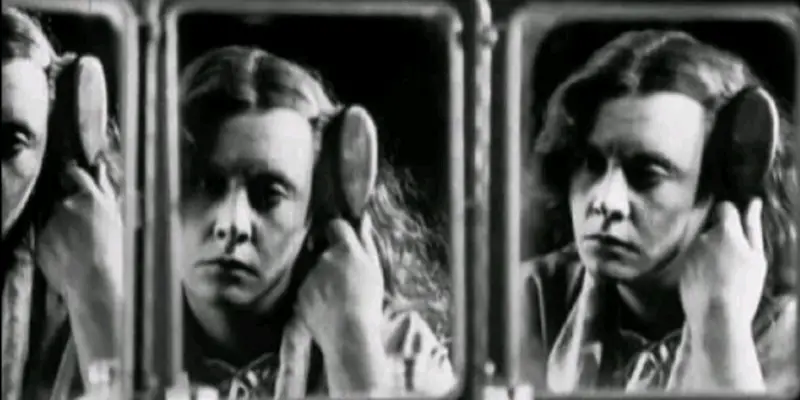
Alex is a 28 year-old West Australian who has a…
Over at our official Facebook page, we are currently posting daily film recommendations, with each week being a different theme. This is a collection of those recommendations! This week’s theme is female-directed French films.
Previously we have touched on some of the best female-directed films from the 1970’s and the 1980’s (a series we will be continuing), so this time we wanted to narrow down these choices and highlight some of the international female talent that has been demonstrated throughout cinematic history.
This is just a handful of some of the great female directed films from France, a place which has quite a high output of films directed by women.
1. Vagabond (1985, Agnes Varda)
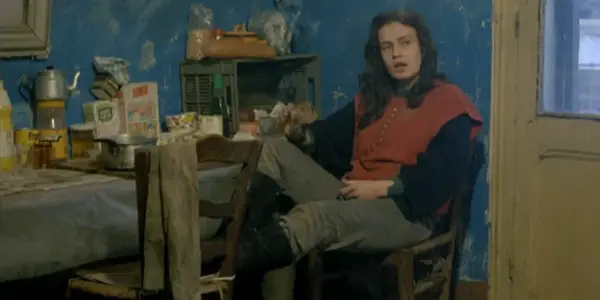
When young drifter Mona (Best Actress César winner Sandrine Bonnaire) is found frozen to death in a ditch, the film explores the vagabond’s life leading up to her tragic death, using a flashback structure similar to that of Citizen Kane (interviewing various people to explore different moments in the titular character’s life). The various characters, played by an array of non-professional actors to give the film a realistic feeling, portray a broad portrait of the solitary woman Mona.
The film is constructed in a puzzle-like structure, using the conventional narrative pieces in a non-linear fashion, mixed in with the pseudo-documentary scenes with the people commenting on Mona, which forces the audience to construct their own chronicle of events by the different components offered by Agnes Varda.
In Mona’s final weeks, she squatsin an old house smoking hash with an older man, falls in love with a a Tunisian labourer who she works with, rests with a couple of shepherding goats, meets an agronomist who is trying to save plane trees, gets drunk with an old woman, and is approached by a mysterious man who offers to put her in porn films as an actress.
French Cinematographer Patrick Blossier’s stark cinematography helps capture the desolate situations that Mona frequently found herself in, bringing to life this representation of a beggar’s life, whilst slightly exaggerated for the cinema, reflects a sad reality who those living the vagabond lifestyle.
2. Paris-Manhattan (2012, Sophie Lellouche)
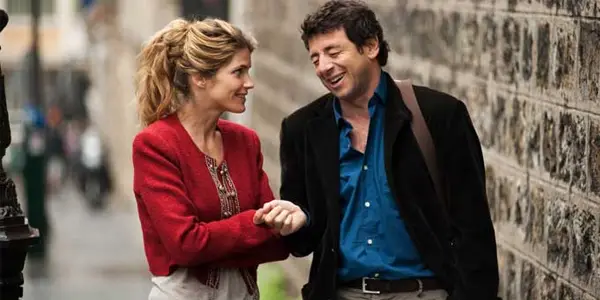
Whilst some may debate quantity vs quality in his filmography, you can definitely say that Woody Allen’s output has had a definitive impact on cinema, especially when it comes to the genres of comedy, drama and romance. Due to his insistence on releasing one feature film per year, his directing filmography is unparalleled to his peers in the industry, filled with enough classics to solidify himself as a quintessential filmmaker.
Allen has obviously had a huge impact on French director/writer Sophie Lellouche, as she has based her debut feature, Paris-Manhattan on his philosophies and the impact that his wisdom has had on people throughout his years of creating comedy.
Alice Taglioni stars as Alice, a Jewish woman who has grown up completely obsessed with the cinema of Woody Allen after receiving a copy of Manhattan at an early age. Working in her family’s pharmaceutical clinic, she constantly recommends his films to her customers, whilst at home she has a giant Allen poster that she looks upon for guidance (the film inserts audio clips from his films whenever she stares at the poster).
Constantly compared to her happily-married sister, Alice is struggling to find a partner, even with her parents constantly finding her different single men for her. She finally meets Victor (Patrick Bruel) and as they go through the early relationship hiccups, she once again finds herself depending on the advice of Woody Allen, which leads to a chance encounter with the man himself.
Whilst its not the most original or greatest film, it’s an entertaining little film (clocking in at only 77 minutes) that’s a fascinating watch for any Woody Allen fans. Alice Taglioni channels the neurotic Allen-style acting well, creating a unique dynamic between herself and the looming Woody Allen poster that hangs above her bed. Lellouche has yet to direct another feature film since, which I’m quite interesting in seeing her using her Woody Allen influences in a much more subtle fashion. The film is not well-known in the United States, as it received quite a limited release worldwide, but people looking for something quite simple and heart-warming should track this down.
3. 2 Days in Paris (2007, Julie Delpy)
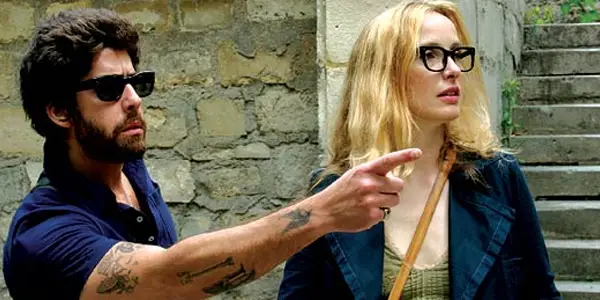
Directed, written, produced, edited, composed and starring Julie Delpy, 2 Days in Paris is a delightful culture-clash comedy that demonstrates Delpy’s solid filmmaking talents. Julie Delpy is best known for acting, with her most famous films including Richard Linklater’s Before Trilogy (which is an influence for this film), Krzysztof Kieślowski’s Three Colours Trilogy, the titular Zoe in Roger Avary’s Killing Zoe and most recently appeared in Avengers: Age of Ultron.
2 Days in Paris is Delpy’s feature-length directing debut, a successful venture which saw her follow it up with The Countess and the sequel to this film, 2 Days in New York which is a loose sequel that starred Delpy alongside Chris Rock.
Delpy stars as Marion, a French-born photographer who currently lives in New York with her neurotic overbearing American boyfriend Jack (Adam Goldberg). After a trip to Venice in an attempt to revitalize their crumbling relationship proves to be unsuccessful, they take a quick detour back to France and stay with Marion’s parents for two days. As Marion reconnects with her parents, old friends and assortment of ex-boyfriends, the severe language barrier and new information comes to light, Jack starts to become increasingly paranoid about the current state of his relationship to Marion.
Delpy makes some smart decisions in her direction here, steering away from the typical rom-com tropes and not feeling like a clone of Linklater or Woody Allen’s influential directional styles. Delpy has constructed two very believable characters, injecting them with realistic features such as genuine conversations, humanistic flaws and fleshed out histories that help shape their current being.
By putting in time to build these characters and not having them be repetitive stereotypes, the audience buys them and their failing relationship which helps propel the film along. Whilst the film’s sequel removed any sense of optimism that this film held, 2 Days in Paris is a lovely examination of relationships, the facades we put on to impress other people and how culture-clashing can affect individual people.
4. Trouble Every Day (2001, Claire Denis)
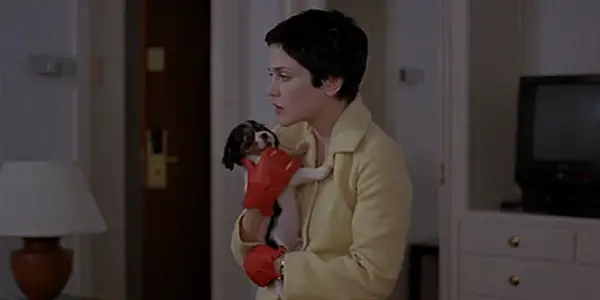
The New French Extremism movement was a term coined by film critic James Quandt to describe the wave of radical genre pictures coming from France/French directors, producing a string of critical and commercial hits, which started to heavily influence American/European horror films that came out afterwards. The pioneering films of the French Extremism Wave include Gaspar Noe’s Irreversible, Alexandre Aja’s High Tension, Julien Maury and Alexandre Bustillo’s Inside, Virginie Despentes and Coralie Trinh Thi’s Baise-moi and more.
Claire Denis’ gory entry, Trouble Every Day, was one of the only films in the movement directed by a woman, who provided one of the more complex narratives with this film. The film caused controversy during its 2001 Cannes premiere, which saw many audience members audibly boo and prompted a high amount of walkouts.
Dr. Shane Brown (Vincent Gallo) has taken his newly married wife June (Tricia Vessey) to Paris under the guise of having their honeymoon. In reality, Shane has chosen the location in order to track down neuroscientist Dr. Léo Sémeneau (Alex Descas) and his wife Coré (Béatrice Dalle), a mysterious couple that he once knew and was obsessed with. Sémeneau is currently keeping a low profile, due to his wife’s constant desire to leave their house and murder random men.
In order to prevent her from doing this, he locks her in the house during the day and if she happens to escape and kill somebody, he hides the bodies for her. When Shane finally tracks down Coré at her house during one of her brutal murders, the lives of both couples will be changed forever.
The film’s thematic subject matter is much deeper than many of the other French Extremism films released at the time, demonstrated by its existential tone, meta-narrative on gender roles within film and the movie’s unique blur between grim serial killer narrative and a supernatural vampire story. Whilst Vincent Gallo is a controversial figure himself, his basic depiction of a typical American man with a haunted past is well-balanced against the craziness of the bloody Sémeneau couple. Whilst the film’s isn’t for everyone due to its grim nature and extreme gore, horror fans will definitely get a kick out of this blood-soaked film.
5. Fat Girl (2001, Catherine Breillat)
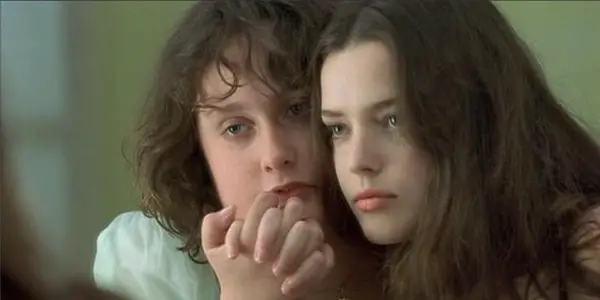
Director Catherine Breillat has had a long history of controversy associated with most of her filmography, due to her realistic and ground-breaking depictions of sex on-screen. Her debut feature, A Real Young Girl, made in 1976, is a film about a 14-year old girl’s discovery of sex, and wasn’t released until 2000 because of its controversial sexual acts depicted by a character who was written as a 14-year-old (even though she was played by a 20 year old actor). Due to her sexualised visuals, Breillat has been associated with the French New Extremism movement, being one of the only filmmakers affiliated with that group that didn’t make gory ultra-violent movies, instead focusing on intense intimacy and gender roles within film in a revolutionary fashion.
Released the same year as another Breillat project, Brief Crossing, Fat Girl went onto become one of Breillat’s best known films, eventually garnering itself a Criterion Collection release, the only one of her pictures to get that special treatment. Fat Girl is another film by Breillat which deals with childhood sexual developments and the internal growth which comes from learning about your own sexuality.
15-year-old Elena Pingot (Roxane Mesquida) is an attractive and flirtatious teenager who is constantly judged by her younger 12-year-old sister Anaïs (Anaïs Reboux), an insecure kid who cannot stop eating. When Elena meets a young Italian kid on holiday, their immediate romance starts to stir some toxic jealous feelings within Anaïs, who starts to conspire between the two lovers in order to drive them apart and bring them emotionally down to her level.
Whilst the premise might sound like a romantic kitchen sink drama that focuses on sibling rivalry and the emotional effects of puberty, Fat Girl has a good place within the realm of shock cinema, with some brutal and shockingly violent scenes erupting frequently, creating some confronting imagery that is sure to be left in your mind quite long after your initial viewing.
Its provocative nature is the film’s strongest asset, with Breillat’s talent ability to boldly pull effective emotional reactions out of her desired audiences with her ability to present sexuality in such a confronting fashion. A harrowing film that features frequent unforgettable scenes, Fat Girl is one of Breillat’s strongest films, one which you will not find in mainstream American cinema.
6. The Smiling Madame Beudet (1922, Germaine Dulac)
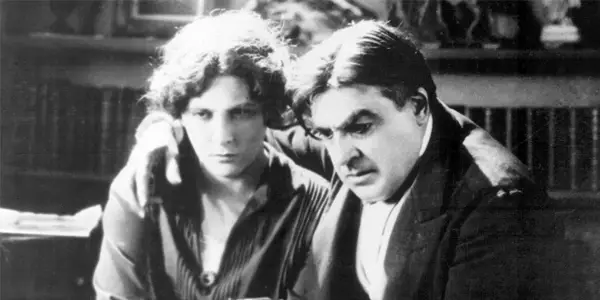
Whilst only a short silent film clocking in at 38 minutes, The Smiling Madame Beudet has the honor of being considered one of the truly first ‘feminist’ films. The film is directed by surrealistic director Germaine Dulac, a silent filmmaker known for her string of experimental silent short films made during the 1920’s. She was one of the directors who suffered greatly once sound was introduced into film, a rough transition in film history which saw the loss of many once great careers due to not being able to adapt to the new format.
Between Smiling Madame Beudet in 1922 and The Seashell and the Clergyman in 1928, some film historians consider her the first surrealistic filmmaker, as the two films came out before Luis Bunuel’s Un Chien Andalou, the surrealistic short that is usually referred to as the first surrealistic film. These films came from Dulac’s desire for “Free Cinema”, the idea that due to films’ lack of limitations that music/art suffer from, there shouldn’t be any restrictions when it comes to film. The idea of surrealism in her films spawned from experimenting with the artform, not clinging to a traditional narrative or conventional film tropes in order to create a film.
The Smiling Madame Beudet demonstrates Dulac’s unique style, a film which features a simple plot that is a baseline to showcase some interesting stylish visuals, especially for when it was made. Germaine Dermoz stars as the titular Madame Beudet, a perceptive woman who is currently stuck in a loveless marriage with Monsieur Beudet (Alexandre Arquillière). In order to control his wife, Monsieur plays a practical joke on his wife where he points an empty revolver to her head whilst feigning suicide in order to do what he wants.
Whilst he’s out one day, a burnt out Madame loads the revolver with actual bullets in order to get rid of him. Struck with guilt by the time he gets home, she is horrified to find him with the revolver, but pointed at herself for the first time ever, a tricky situation which she must get herself out of.
The film is considered one of the first ‘feminist’ films due to the strong leading female character, one who is willing to acknowledge how she’s stuck in an unhappy marriage and actually wanting to do something about it, rather than stick to societal conventions and play nice whilst quietly suffering. The film’s striking black-and-white cinematography and use of smart production design really elevate this film, creating a understatedly influential surrealistic film which has been lost in common film knowledge as the years have gone on.
7. Baise-Moi (2000, Virginie Despentes & Coralie Trinh Thi)
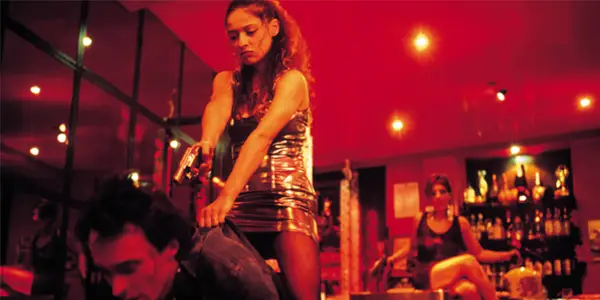
A chance encounter by two women who have both had respectively horrible days leads to an odyssey of violence, retribution, sex and demonstrating the rippling effect that the act of revenge has on society. After Manu (Raffaëla Anderson) has been raped, she meets Nadine (Karen Lancaume), a woman who has just witnessed her only friend being shot by a man. Fed up with being victims and the constance male-perpetrated violence that surrounds them, the two women decide to team up and randomly fight back those who provoke them, similar in fashion to Michael Winner’s cult film Death Wish.
Now this list has featured a string of controversial films for a variety of different reasons, but none have been as constantly banned and caused as much uproar as Baise-Moi, a violent and often confronting crime thriller which is still banned in many countries, including Australia, Singapore and Canada. Based on Virginie Despentes’ 1999 novel of the same name, the film faced immediate media scrutiny after its initial premiere, mainly because the co-director Coralie Trinh Thi was a pornographic actress before her directing debut here, a stigma that many film critics and audiences held against her, many labelling Baise-Moi as a theatrically released porn film, dismissing any of its cinematic elements or thematic points.
The film’s frequent bouts of intense violence, unsimulated sex scenes (including the one of the first displays of an erect penis in cinema) and underground aesthetics made the title an extremely niche affair, angering many religious groups, political figures, film critics and more. The film’s grainy low-budget visuals, a purposefully made choice by the directors, was highly criticised, even though it adds to the film’s gritty and trashy nature, trying to make the audience feel as grim and disgusting as the acts being portrayed on-screen.
What are some other female-directed French films that you can recommend?
Does content like this matter to you?
Become a Member and support film journalism. Unlock access to all of Film Inquiry`s great articles. Join a community of like-minded readers who are passionate about cinema - get access to our private members Network, give back to independent filmmakers, and more.












